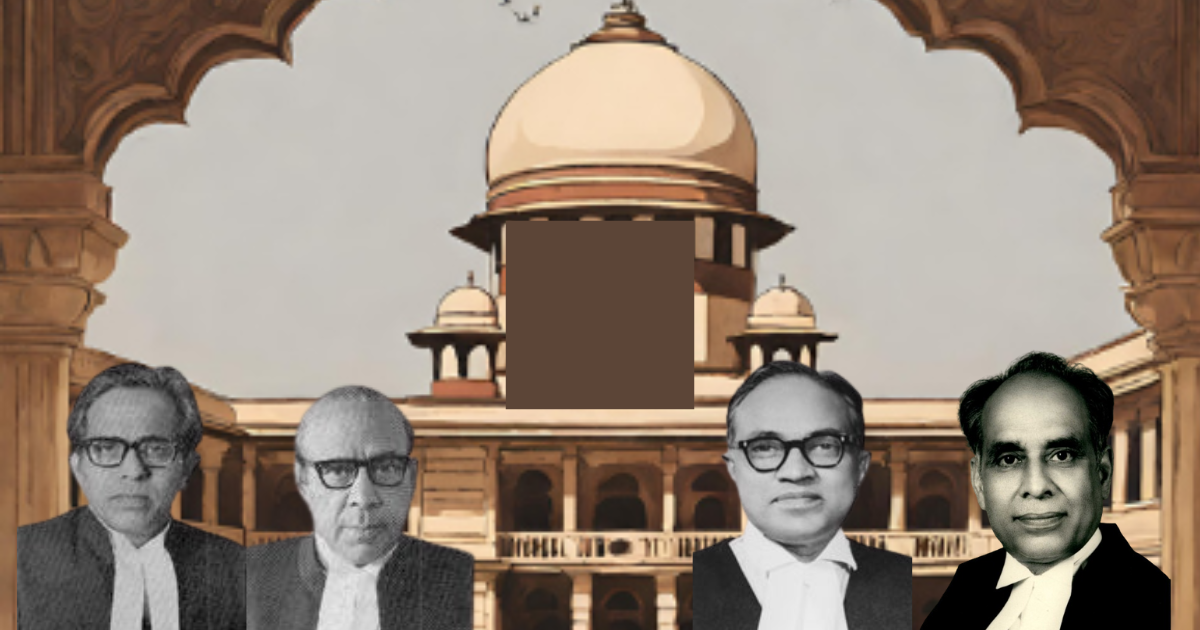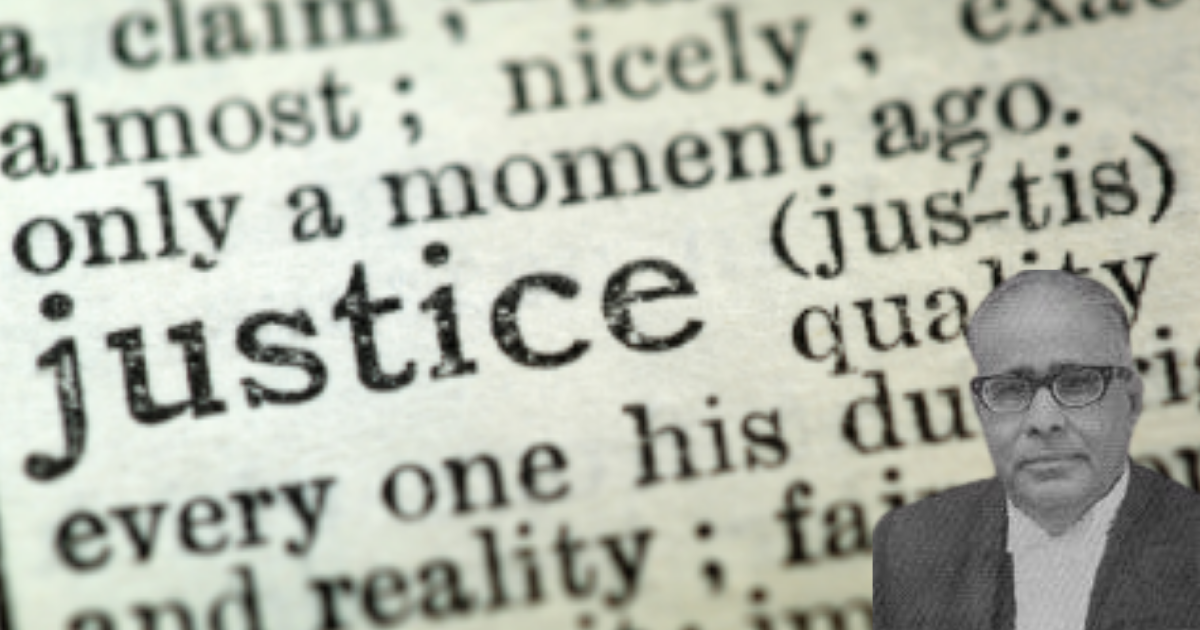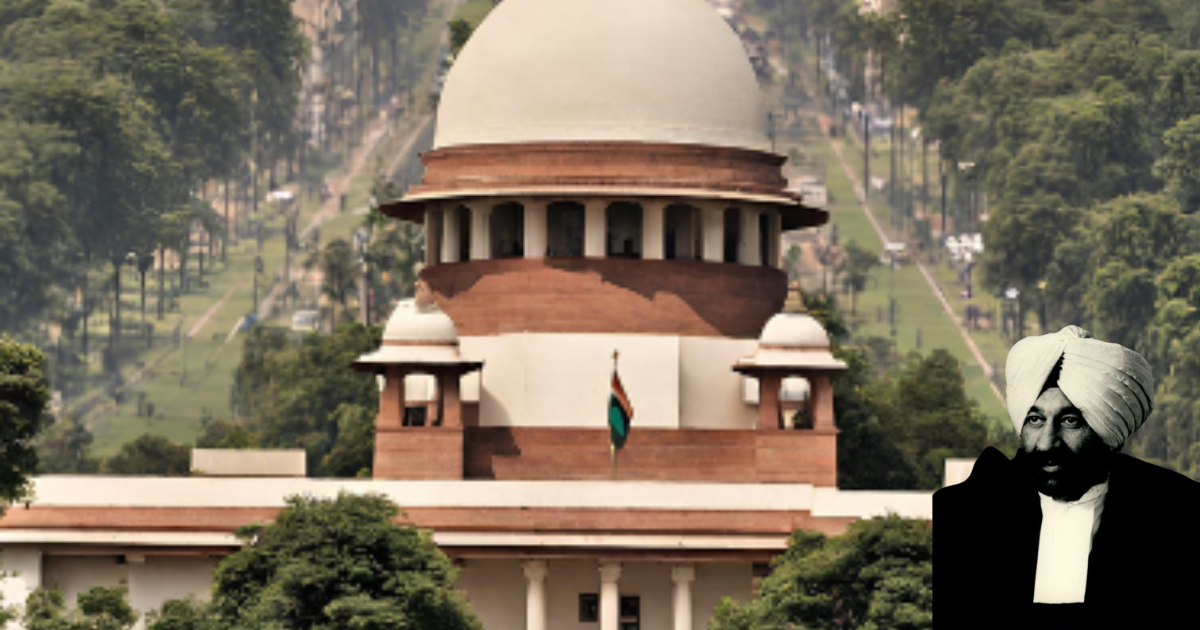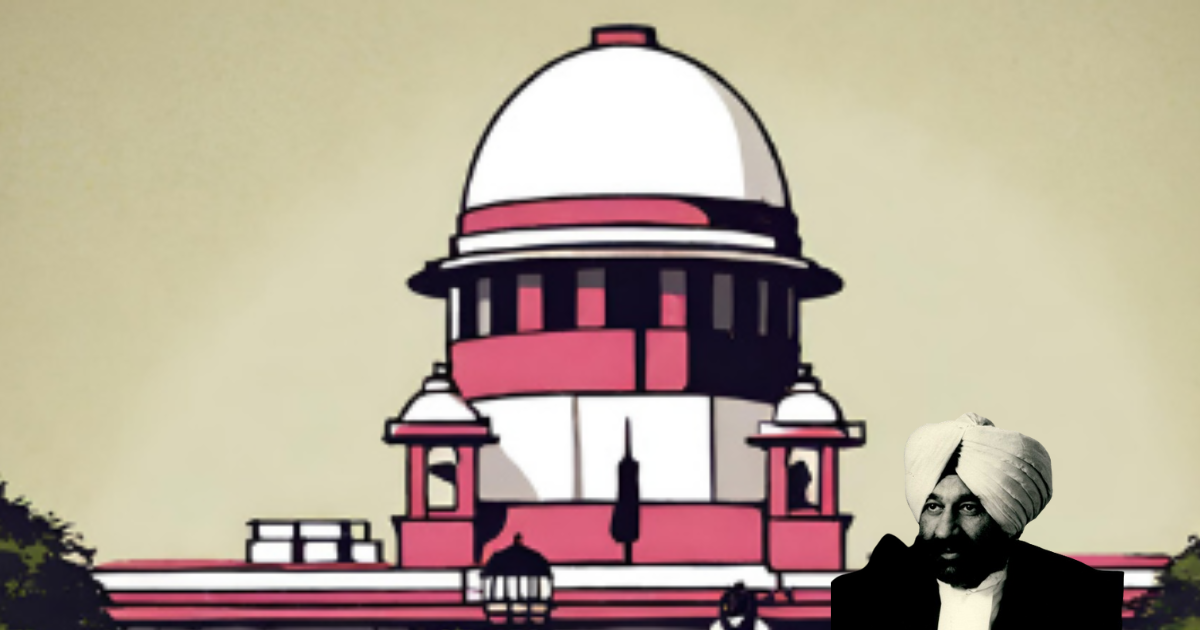In the political labyrinth of India during the 1970s, the case of Indira Nehru Gandhi v. Raj Narain et al. emerged as a watershed moment, altering the course of Indian political and legal history. The case revolved around the challenging electoral victory of then-Prime Minister Indira Gandhi and the subsequent legal battle that ensued.
Also Read: https://newslaw.in/supreme-court/basic-structure-doctrine-the-kesavananda-bharati-case/
The genesis of the case lay in the 1971 general elections, where Indira Gandhi’s political juggernaut secured a resounding victory. However, the aftermath saw a challenge to her election to the Lok Sabha (the lower house of India’s Parliament) from Rae Bareli by Raj Narain, an opposition candidate. Narain alleged corrupt practices, misuse of government machinery, and electoral malpractices in Indira Gandhi’s campaign.
The legal skirmish began with Narain filing an election petition before the Allahabad High Court, seeking the annulment of Indira Gandhi’s election victory. His primary contentions were centered around the purported use of government officials for electoral purposes and the infamous ’20-point program’ – a set of directives issued by Indira Gandhi during her election campaign. These points were perceived as an attempt to influence voters by announcing popular measures.
As the legal proceedings unfolded, the case took an unexpected turn with Indira Gandhi’s decision to cross-examine witnesses in person. This move marked a rare instance of a sitting Prime Minister taking the witness stand in a court of law. The proceedings garnered immense public and media attention, turning the courtroom into a theater of political drama.
The legal arguments oscillated between the interpretation of election laws, the alleged misconduct during the election campaign, and the unprecedented move of a Prime Minister being directly involved in court proceedings. The Allahabad High Court, led by Justice Jagmohanlal Sinha, rendered a split verdict. While acquitting Indira Gandhi on some charges, it found her guilty of using government officials for election purposes and declared her election void.
The judgment sent shockwaves through the political landscape, and Indira Gandhi’s government was thrown into a constitutional crisis. Amidst the legal and political turbulence, both parties appealed to the Supreme Court of India.
The Supreme Court, led by Chief Justice A.N. Ray, delivered a momentous judgment that would significantly impact the interpretation of election laws and the accountability of elected officials. The majority opinion upheld Indira Gandhi’s appeal, setting aside the Allahabad High Court’s decision. Chief Justice Ray, in his judgment, emphasized the need for strict adherence to procedural safeguards and expressed reservations about the High Court’s findings.
However, Justice Khanna, in a powerful and dissenting opinion, held that Indira Gandhi’s election was fraught with grave electoral malpractices, and the High Court’s decision should be affirmed. Justice Khanna’s dissent laid the groundwork for future discussions on the sanctity of elections and the accountability of political leaders.
The legal legacy of the Indira Gandhi v. Raj Narain case extended beyond the immediate political ramifications. The judgment prompted amendments to the Representation of the People Act, introducing stricter provisions to curb corrupt practices during elections. The case highlighted the delicate balance between the judiciary and the executive, with implications for the separation of powers in a democratic setup.
This order, by me sitting single as Vacation Judge,, is being delivered with a sense of hurry, although after careful consideration of arguments head till last evening. Now the Parliament in not in session and the veto on the right to vote is currently academic. Situations may develop, circumstances may change and this order itself, like any interlocutory order, is provisional. If new events like the convening of Parliament take place or fresh considerations crop up warranting the review of the
restrictions in this stay order, the petitioner-appellant will be at liberty to move a Division Bench of this Court again to modify the restrictions or pray for an unconditional stay. Likewise, the respondent may also if justifying considerations appear a new move for variation of the conditions in this stay order.
Citation: 1975 AIR 1590 1975 SCC (2) 159
Case Title: INDIRA NEHRU GANDHI (SMT.) Vs. RAJ NARAIN & ANR



